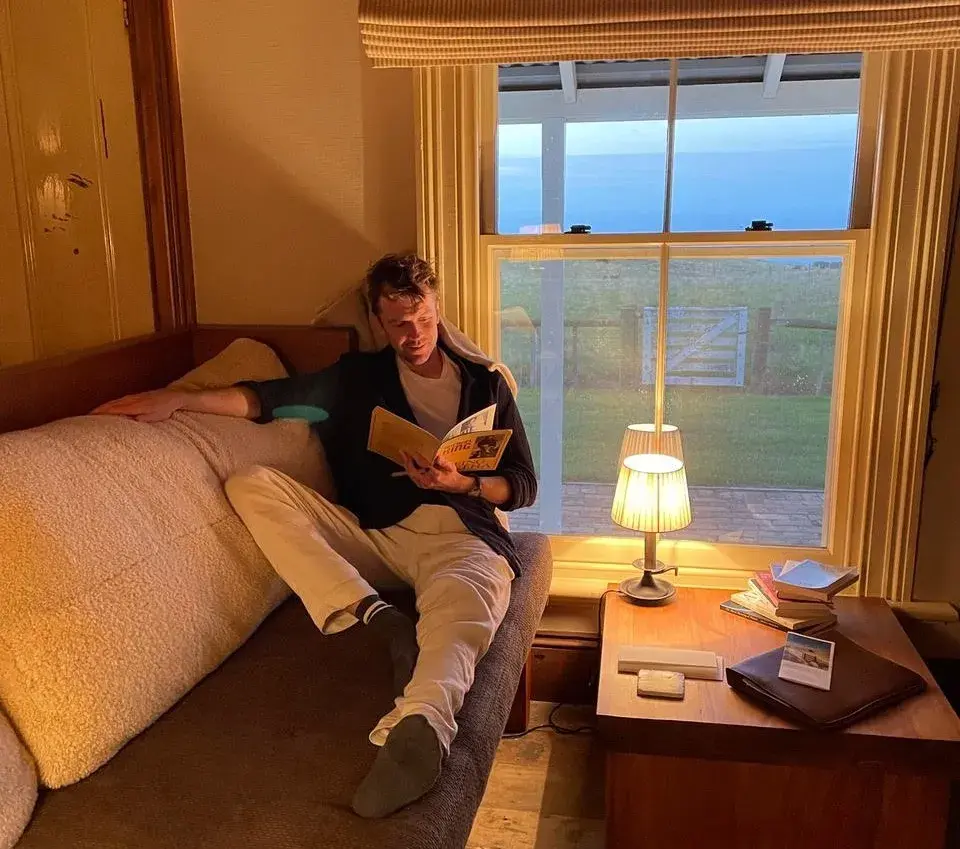Harrowing reading - #391

My first summer read was a 500-page Wallace Stegner novel published in 1943. A friend hefted The Big Rock Candy Mountain from the counter and chuckled, "well this seems light."
It wasn't. And I couldn't put it down.
Stegner masterfully created three compelling characters. You identify with them and root for them and are saddened at their perpetual self-destruction. The novel is more than thirty years in the life of the Mason family during the early 20th century in the American west. The blurbs call it a masterful, harrowing saga, and they're right.
The tale is told through a series of perspectives. You start with Elsa Norgaard; right after they marry, you shift to Bo Mason; eventually, the tale ends with their son, Bruce. Elsa makes a series of regrettable choices, including Bo, but elevates to sainthood with her commitment to the life she chose. Bo, on the other hand, stays the same, explosive cocktail of savage ambition, relentless optimism, mercurial love, and terrifying rage. He's a great character. I was in awe of him and his creator.
About a third of the way through the book, there's a terrifying scene where Stegner has you seeing the world through the eyes of Bo as a young father, screaming at his sons. Just as the scene turns violent, Stegner shifts your perspective to the young boys. Tears came to my eyes. What flashed before me wasn't the story, but the faces of my young sons and times when I yelled at them. No parenting manual can replace the rightly done perspectives of a three year-old and five year-old encountering their manic father.
Towards the end of the book, Bruce as a young man has to watch his mother die, her body riddled with cancer. He's in denial, angry at his father, despairing of all life, frustrated with his mother, focusing on the smallest of inane details—the range of emotions might make no sense to anyone who hasn't lived it. The sense of seeing what is happening and seeing yourself seeing it, the zoomed out feeling staring death in the face—Stegner got it all exactly right. Reading it, I felt my experience of August, 2010, validated, and realized that people could understand what I've lived without having lived it themselves.
Great literature's power is looking life and death in the face. It's harrowing. You cannot help but be changed by it.
Reading
 Deep Reading Will Save Your Soul
Deep Reading Will Save Your Soul
Real learning has become impossible in universities. DIY programs offer a better way.